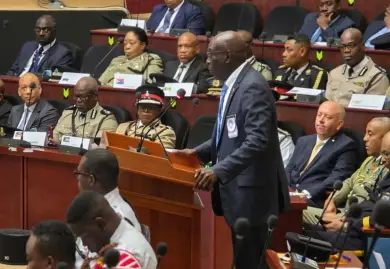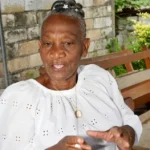Georgetown, Guyana — Beneath the surface of rising crime statistics lies another emergency unfolding across the Caribbean: the psychological collapse of its police ranks. At the 39th Annual Meeting of the Association of Caribbean Commissioners of Police, hosted in Georgetown, the quiet crisis of officer burnout took center stage—no longer ignored, no longer secondary.
Antigua and Barbuda’s top lawman, Atlee Rodney, pulled no punches: “We are losing good officers—not just to crime, but to fatigue, isolation, and emotional strain.” His remarks reframed the region’s security dilemma not as a question of firepower, but of sustainability. With violence escalating and resources stretched, Caribbean police forces are being asked to do more with less—while risking their minds as well as their lives.
Rodney’s message was clear: mental health can no longer be treated as an afterthought. “This isn’t about weakness—it’s about survival,” he added, calling for formal support systems and the destigmatization of therapy within law enforcement.
Meanwhile, Guyana’s President Irfaan Ali raised concerns over a separate but equally destabilizing trend: the politicization of crime. Without naming names, Ali condemned the weaponization of criminal activity as a path to political advantage. “Democracy doesn’t survive when crime becomes a currency,” he said. “It collapses.”
Ali also proposed hard infrastructure—announcing plans for a regional forensic lab in Guyana, and offering cross-border training partnerships through military and academic institutions.
But the tone of the conference suggests that many leaders are now aware: building new labs and sharing tactics won’t be enough if the people enforcing the law are falling apart behind the badge.
This year’s gathering has shifted from a technical summit to a moral reckoning. The Caribbean’s police leadership is no longer just planning operations—they’re confronting the question of how to care for the caretakers. And whether the region’s approach to security can evolve fast enough to save the system from within.






